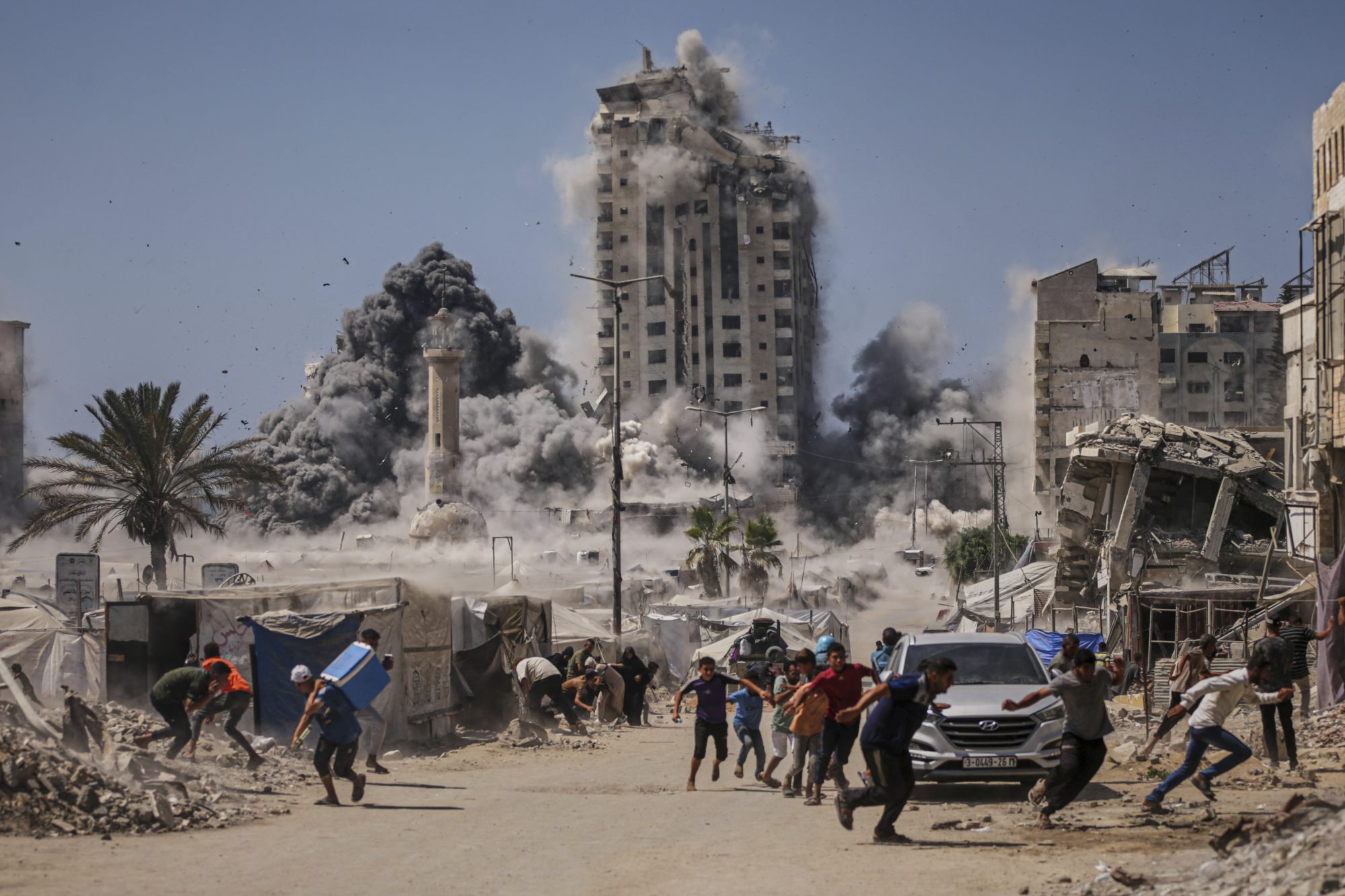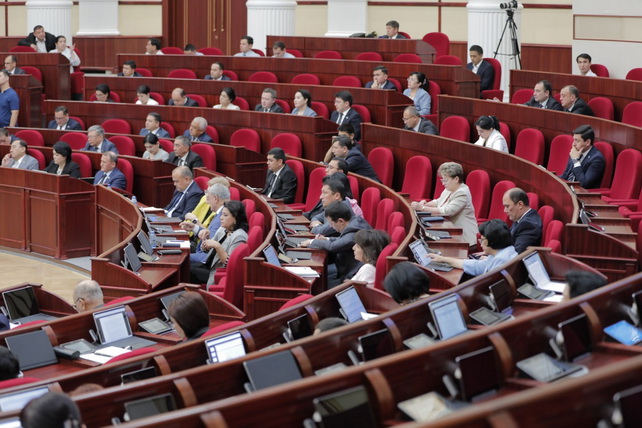By Lindsey Hilsum
Copyright channel4

Genocide is an emotive term, used popularly to define the worst of all possible atrocities.
Watching images from Gaza on TV – starving children, buildings bombed with civilians inside, destitute families trekking through the rubble – many people around the world concluded months ago that Israel was committing genocide in the region.
But genocide is a precise legal term. It means “intent to destroy, in whole or in part, a national, ethnical, racial, or religious group”.
Today, after a two-year investigation, the UN Independent International Commission of Inquiry on the Occupied Palestinian Territory concluded that Israel had committed “four of the five genocidal acts defined by the 1948 Convention on the Prevention and Punishment of the Crime of Genocide, namely killing, causing serious bodily or mental harm, deliberately inflicting conditions of life calculated to bring about the destruction of the Palestinians in whole or in part, and imposing measures intended to prevent births.”
A UN investigation carries weight, especially as the Commission Chair, Navi Pillay, is a former President of the International Criminal Tribunal for Rwanda, where a genocide was carried out in 1994.
The Israeli foreign ministry accused her and the other two commission members of serving as “Hamas proxies”, and dismissed the detailed, carefully corroborated evidence in the 72-page document as “Hamas falsehoods, laundered and repeated by others.”
But a growing number of genocide scholars have come to the same conclusion as the UN Commission.
The Israeli government argues that it is defending its people against Hamas, which killed some 1,200 Israelis and people from other countries in a terror attack inside Israel on October 7, 2023.
But Omer Bartov, a professor of Holocaust and genocide studies at Brown University in the US, who previously served in the Israeli Defence Forces (IDF), wrote in the New York Times in July: “Today the IDF is primarily engaged in an operation of demolition and ethnic cleansing”.
He added: “I have been teaching classes on genocide for a quarter of a century. I can recognise one when I see one.”
“I have been teaching classes on genocide for a quarter of a century. I can recognise one when I see one.”
– Omer Bartov
Even Israeli intelligence officials and generals question the military purpose of the current onslaught, which involves demolishing much of Gaza City and forcing its population into a tiny sliver of the territory.
“It is our professional judgement that Hamas no longer poses a strategic threat to Israel,” wrote 600 retired Israeli officials last month.
The Chief of General Staff of the IDF, Eyal Zamir, has argued against the total military reoccupation of Gaza that Prime Minister Benjamin Netanyahu intends, saying Hamas cannot be completely defeated.
So what is the purpose of the persistent bombardment and forcible expulsion of Gazans from their homes?
The UN Commission points to statements by senior Israeli politicians, which they say show “genocidal intent”.
They cite President Isaac Herzog saying, shortly after the Hamas terror attack: “It’s an entire nation that is responsible. It is not true this rhetoric about civilians who were not aware and not involved.”
So now what?
The Israeli government routinely accuses critics of anti-semitism, and being “pro Hamas”. Bowing to pressure, most European governments – including the British – have shied away from using the term ‘genocide’.
Yet Judge Pillay points out: “All States are under a legal obligation to use all means that are reasonably available to them to stop the genocide in Gaza.”
The Trump administration, which is openly scornful of international legal requirements, will ignore the report.
Other western governments, which have consistently criticised Russia for flagrant breaches of international law, may find it harder to do so.



